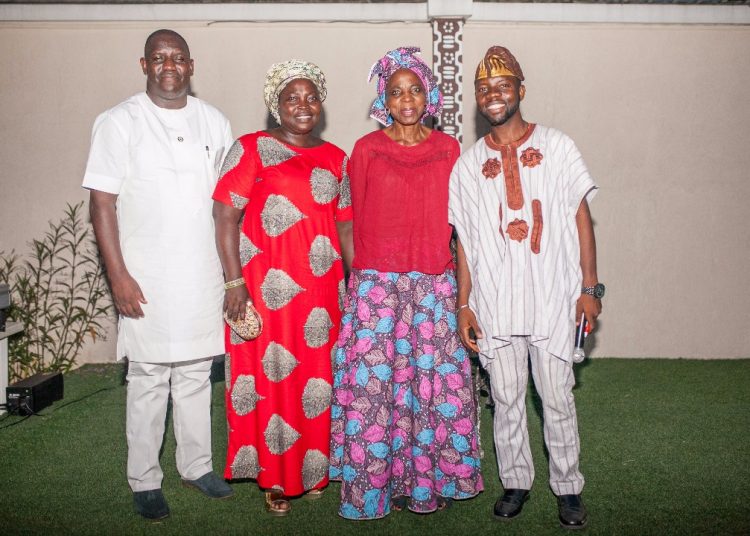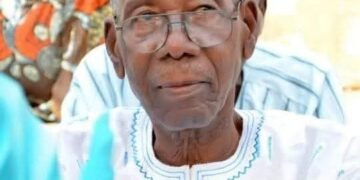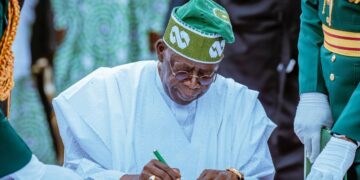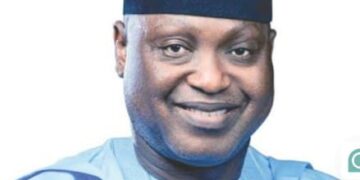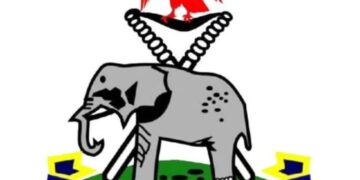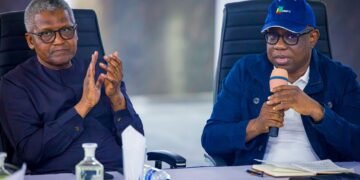Mothers have been urged to culturally educate their children as this would aid the mental development of their children.
This was unveiled by Mrs. Níkèé Adésànyà, a Yorùbá writer at the just concluded edition of Yorùbá Lákò̩tun, the quarterly cultural renaissance programme, held at Ethnic Heritage Centre, Ikoyi, Lagos.
According to the author of Òdún Á Yako, ÀbèkéÒréke, Kókó-omi and other books said cultural education is a fundamental part of learning as many foreign cultures have negatively impacted on our culture. In her words, “we have the opportunity to correctly educate our children from childhood so that they can challenge discussions that are not in tune with our culture. The uniqueness of each language is in their words as such it should not be assumed that languages can find their direct transliteration.”
The Yoruba Cultural and Language Advocate equally stressed that the mother tongue plays a very important role in stimulating the mental development of children because thinking is easier in one’s mother tongue than in any foreign language.
“Children should also be allowed to relate with their peers by engaging in cultural activities like “Ere Osupa” literary translated into Tales by Moonlight because it encourages children to learn role playing and other valuable lessons that portrays the virtues of Omoluabi which is renowned among the Yorùbás,” she added
While collaborating the author, Mr. Segun Adebayo, the Senior Special Assistant to the Governor of Ogun State on Facility Management, added that the understanding of Yorùbá language has opened many opportunities to Yorùbás in the diaspora. He appealed to people in the Six Western Yorùbá states to promote the language from their households and project it to the world as a treasured heritage.
This edition of Yorùbá Lákò̩tun was dedicated to Ms. IyabodeAboaba, the Matron of the show who recently clocked 70 and all hardworking women who have carved a niche for themselves in the promotion of Yorùbá culture, craft and have been able to support their families and the society at large through it. Other highlights of the programme include singing folksongs about motherhood.
Participants at the show were drawn from corporate and social Nigeria.


